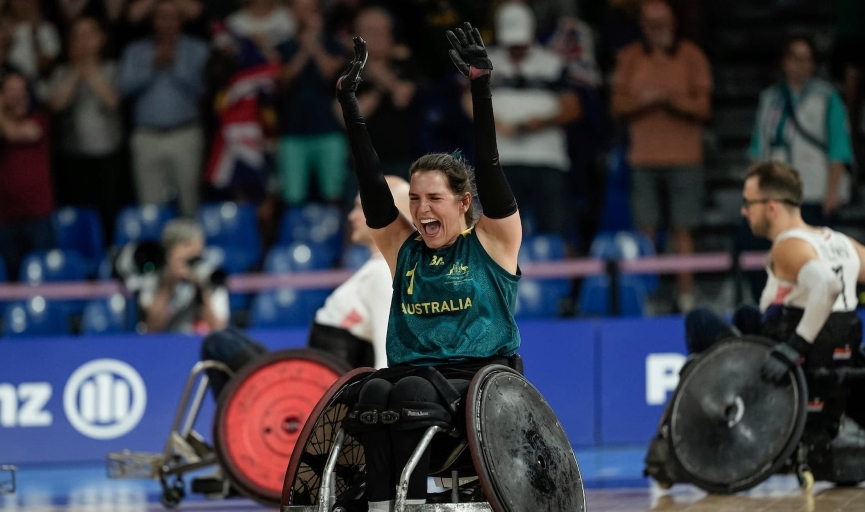22 May 2025
The race to close the research gap in women’s sport has taken a significant step with leading Australian researchers and sport scientists commencing a historic two-year project.

Experts believe the project will lead to female athlete research being at the forefront of sport science research.
It comes just weeks after the Australian Institute of Sport (AIS) formed a historic partnership with the United States, the United Kingdom and New Zealand to advance female health and performance worldwide.
AIS Chief Science Officer Paolo Menaspà said the team will now produce the most comprehensive ‘evidence gap map’ in sporting history.
“We recognise there are some significant research gaps when it comes to understanding women’s health and performance and this project aims to address that,” Menaspà said.
“Over the next two years we’ll examine every relevant piece of research that exists and identify where the major gaps are that we need to focus on.
“If we can advance the quality rather than the quantity of research in this space, it could put female athlete research at the forefront of sport science research.”
Australian athletes and coaches have contributed to the planning asking for topics such as menstrual and gynaecological health, illness and infection, body composition, bone health and nutrition to be prioritised.
AIS Female Performance and Health Initiative Lead Dr Rachel Harris said the findings will be of high value to sporting nations worldwide.
“At present just six per cent of sport science and sports medicine research is female-specific, leaving a mountain of knowledge to be discovered.
“Once we’ve pinpointed what the major gaps are, we can be more strategic in what areas of research we need to invest in to ensure our work is having a real impact.
“We’ll then work with our new international partners to fill these gaps with high-quality research and make the information free and accessible to all.”
Edith Cowan University Pro Vice-Chancellor of Sport Professor Sophia Nimphius said another important benefit to athletes is that information will be streamlined.
“Right now there’s a lot of information flooding athletes and often it’s not reliable or evidence-based,” Professor Nimphius said.
“It’s our job to sift through existing research and ensure athletes, coaches and support staff can easily access quality information. This in turn will lead to more athletes feeling and performing at their best.”
University of Technology Sydney Professor of Sports Science and Medicine Franco Impellizzeri emphasised the legacy of this work.
“I don’t think there is a bigger or better opportunity to contribute to women’s research. This is our only shot and we cannot fail,” Impellizzeri said.
The ‘evidence gap map’ will be published in late 2026 and underpins Australia’s High Performance 2032+ Sport Win Well Strategy with a strong focus on supporting athletes in all areas of their life.